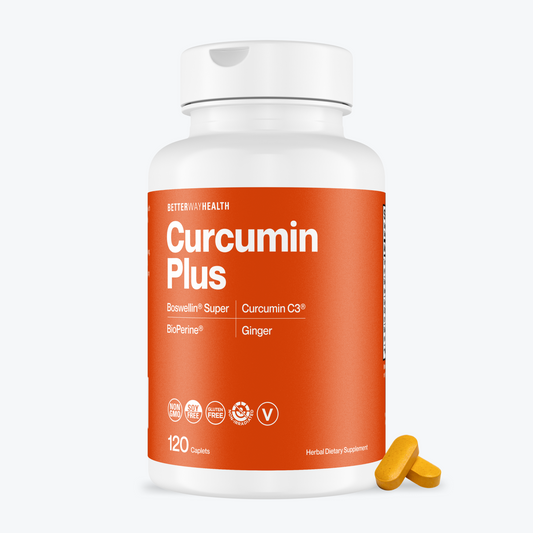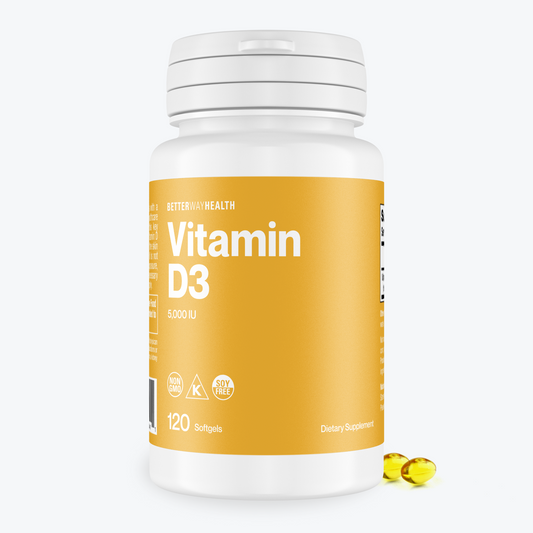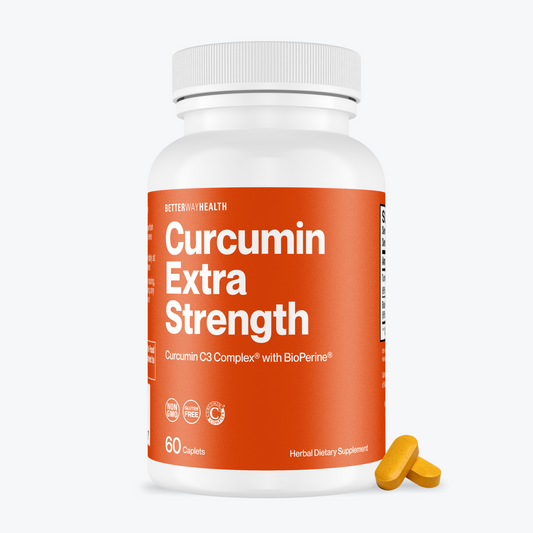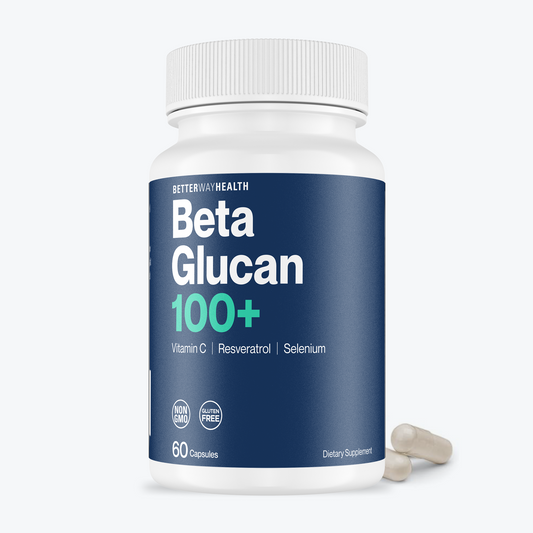Boost Your Health: Achieving a Healthy Gut Microbiome

The best path to maintaining a healthy gut microbiome is a fresh, balanced diet.
In addition to positive life choices such as consistent exercise, reducing the intake of sugary foods, and getting good sleep, food plays an essential role in balancing the digestive system.
Vital Info:
- A healthy, diverse diet can maintain a healthy gut microbiome.
- Eat more fiber-rich foods like fruits, vegetables, and legumes.
- Incorporate food sources with probiotics, like yogurt or kimchi, into your diet.
- Sleep, regular exercise, and managing stress promote gut health.
- Certain foods can negatively impact anxiety and depression.
Engage with the full guide: 5 Practical Tips to Maintain a Healthy Gut
What is a Healthy Gut Microbiome?
A healthy gut microbiome refers to the vast community of microorganisms (gut bacteria) in the digestive tract.
These tiny guests are more than just freeloaders; they're hard-working contributors to your overall health and well-being.
The magic happens when these microorganisms live together in balance. When they do their jobs right, they help us digest our food efficiently and contribute to a robust immune system.

Diversity Matters for Your Gut Health
A key factor that defines a healthy gut microbiome is diversity.
Having a wide variety of gut bacterial species can contribute to wider health benefits in the body (1) (2).
Maintaining a diverse microbiome relies on a diet that consists of different types of food and ingredients.
Avoiding excessive fast foods, sugar, and alcohol will go a long way in balancing the gut (3).
The Mental Health Connection
Anxiety, stress, and depression can change how the GI tract moves and contracts (4). Our belly is often referred to as our "second brain."
Researchers call it the "gut-brain axis." This communication pathway links emotional centers in your brain with peripheral intestinal functions (5).
This is why stress or anxiety can lead to an upset stomach, while certain foods may influence mood swings or depression symptoms.
Suggested reading: A List of the Worst Ingredients for Your Immune System
Best Ways to Maintain a Healthy Gut Microbiome
1: Eat Fermented Foods
Fermented foods have undergone the process of fermentation, which involves the breakdown of sugars by using bacteria or yeast.
Eating fermented foods can help balance both good and bad bacteria in the intestinal tract (6).
Various studies show that eating yogurt on a regular basis may improve intestinal bacteria and decrease the risk of lactose intolerance (7).
Examples of fermented foods:
- Yogurt
- Kimchi
- Sauerkraut
- Tempeh
- Kefir
- Fermented soybean
2: Eat Fruit, Vegetables, and Legumes
Fruits and vegetables are the best sources of nutrients your microbiome needs to stay healthy.
They are rich in fiber, which can't be broken down by your body, but some bacteria in your gut can break down fiber, helping them grow.
Likewise, legumes and beans contain high amounts of fiber. Studies have shown that apples, blueberries, pistachios, and almonds can increase Bifidobacteria (8) (9).
Examples include:
- Artichokes
- Apples
- Bananas
- Broccoli
- Lentils
- Green peas
- Beans
- Chickpeas
- Whole grains
3: Eat Prebiotic Foods
Prebiotics are dietary fibers that serve as nourishment for the good bacteria residing in our gastrointestinal tract. They promote their growth, activity, and overall health.
By eating prebiotics, we help maintain a healthy balance of microbes in the gut, which is essential for digestion and overall health (10).
Various types of prebiotics may lower levels of insulin, triglycerides, and cholesterol. In turn, this may help reduce the risk of heart disease and type 2 diabetes (11) (12).
Examples of prebiotic foods include:
- Dandelion greens
- Garlic
- Onions
- Chicory root
- Whole oats
- Leeks
- Konjac root
4: Increase Intake of Probiotics
Probiotics are live bacteria that are naturally found in fermented foods. They may improve digestion by breaking down complex carbs into short-chain fatty acids, which provide energy for the digestive system.
Studies show that one of the biggest benefits of probiotics is their potential to help improve the gut microbiome (13).
Taking probiotics may also be beneficial for mental health by influencing hormone regulation, which helps stabilize mood (14).
Examples of probiotic food sources:
- Kimchi
- Kombucha
- Miso
- Pickled vegetables
Suggested reading: Prebiotics vs Probiotics: What Are the Differences?
5: Consume Whole Grains
Whole grains are rich in fiber and nondigestible carbs, which travel to the large intestine and promote the growth of beneficial gut bacteria.
Various studies show that increasing whole grains in the diet may encourage the growth of lactobacilli and bacteriophages, which are essential for gut health and maintaining a healthy gut microbiota composition (15).
A good example of nondigestible carbs is beta glucan, a natural immune supplement that can enhance and boost the immune system.
The fiber-like molecule of beta glucan activates every immune cell in the body, helping the immune system function as efficiently as possible.
A strengthened immune system may promote metabolic health and overall wellness.
6: Exercise Often
Studies show that when we exercise, our brain and blood vessels receive more oxygen, our core body temperature rises, and blood flow increases—positively impacting the gut and microbiome (16).
Consistent exercise stimulates and increases the growth of various microbial species, which encourages gut bacteria.
A fitness study found that people who engaged in regular exercise (without changing their diets) had increased levels of short-chain fatty acids, which may help reduce inflammation in the body.
7: Natural Supplements
In addition to healthy eating and regular exercise, using a natural supplement may help maintain the balance of gut bacteria and overall gut health.
Supplements can also ensure that you are getting enough nutrients for a healthy lifestyle. One trusted supplement known for its benefits to gut health is beta glucan.
What Is Beta Glucan?
Beta glucan is a fiber-like molecule that has the ability to activate and enhance the immune system. It is naturally found in food sources such as oats, barley, grains, fungi, and yeast.
As each immune cell is stimulated to perform at its best ability, the body reacts by improving the immune system and immune response.
This way, when the body is faced with harmful and foreign pathogens, glucan puts the cells in alert mode to fight off these pathogens.
Role of Beta Glucan in the Gut Microbiome
Beta glucan is rich in prebiotic properties, providing a thriving environment for beneficial bacteria in the gut. This helps to balance the microbiome and maintain gut health (17).
Beta glucan may be able to help with:*
- IBS (irritable bowel syndrome)
- Bloating
- Gas
- Cramping
- Regular bowel movements
- Balancing intestinal and microbial health
Beta Glucan Sources
β-glucan can be found in the following sources:
- Oats
- Yeast
- Mushrooms (such as shiitake and reishi)
- Fungi
- Seaweed
You can also take beta glucan in supplement form to ensure you get the daily benefits for your immune system.

FAQs in Relation to a Healthy Gut Microbiome
How do you get a healthy gut microbiome?
To get a healthy gut microbiome, eat fiber-rich foods and probiotics like yogurt or kimchi. Also, try to reduce stress and get plenty of sleep.
What does a healthy gut microbiome consist of?
A thriving gut consists of various types of bacteria that play crucial roles in digestion, immunity, metabolism, and even mental health.
Conclusion
To ensure that you are maintaining a balance in your gut microbiome, focus on eating a well-balanced diet that includes a variety of food sources such as fruit, vegetables, grains, and yogurt.
Consider using a prebiotic or probiotic supplement, or beta glucan, which activates the immune system, strengthens the immune response, and helps maintain a healthy gut.
(*These statements have not been evaluated by the Food and Drug Administration. This product is not intended to diagnose, treat, cure, or prevent any disease.)
Still have questions?
Our ACES Team is always there to help.









